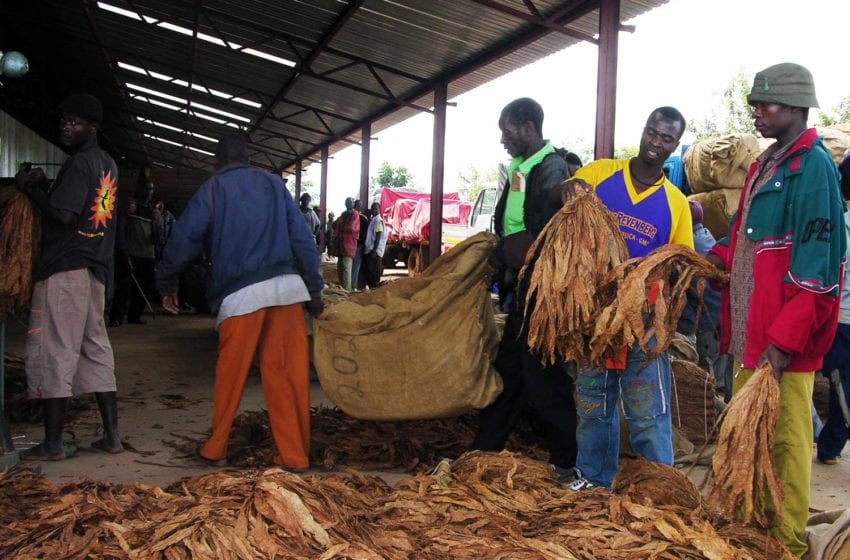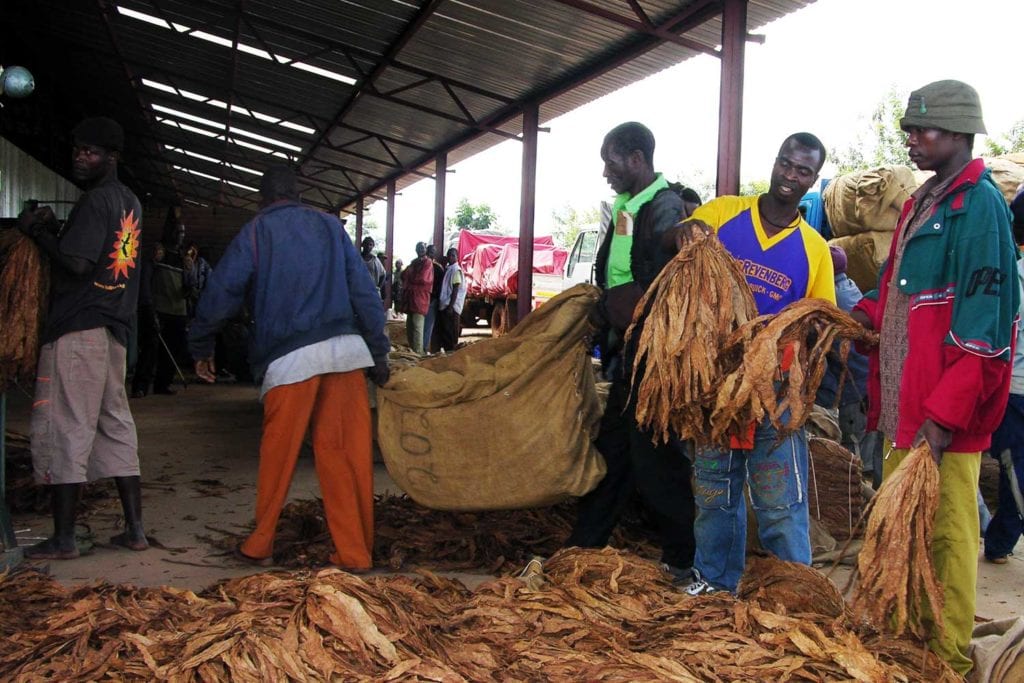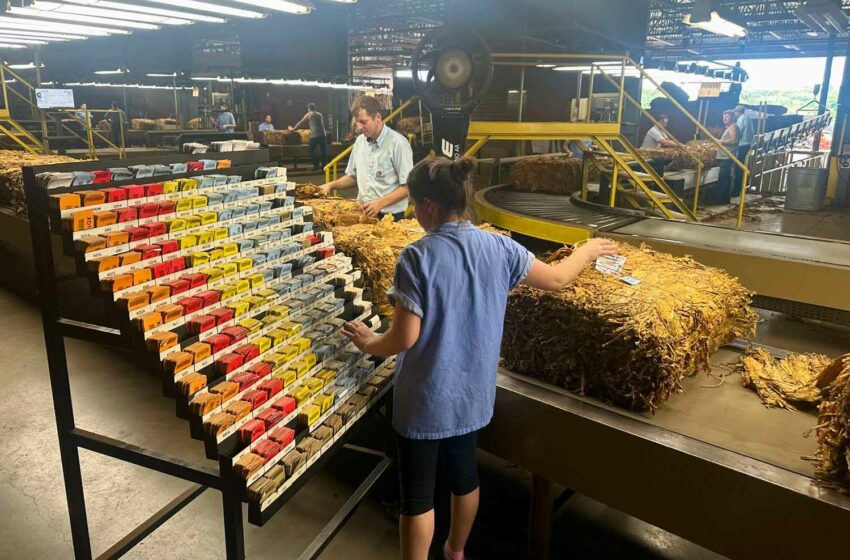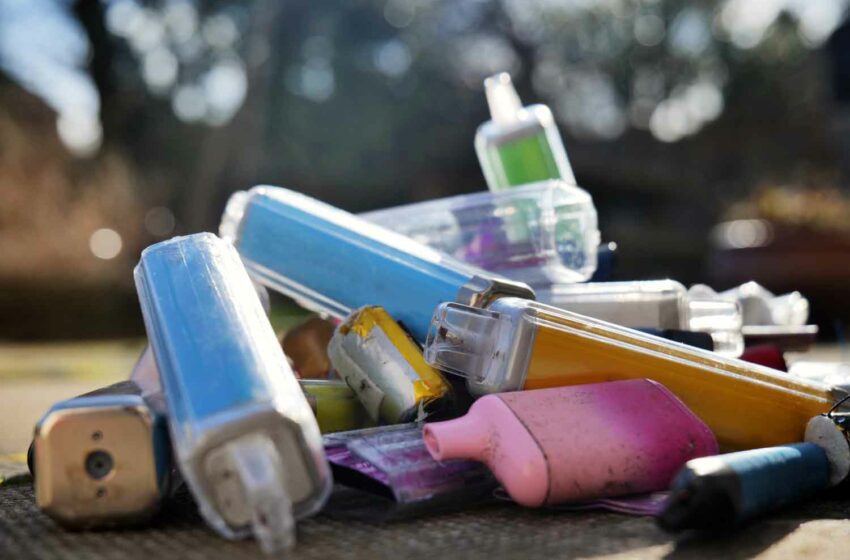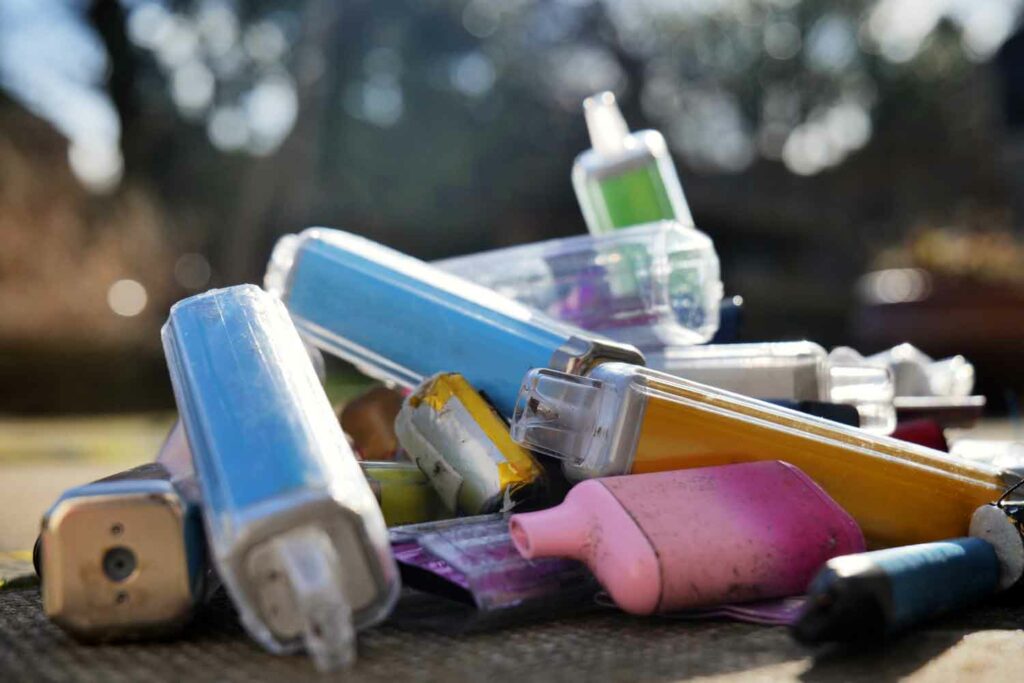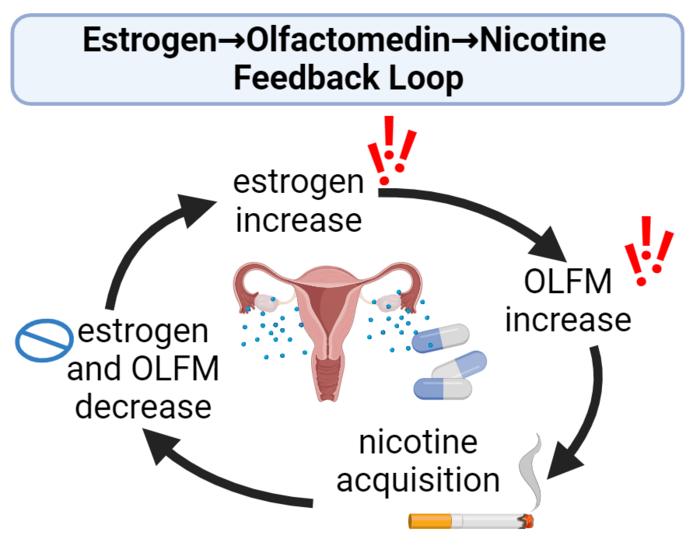
A newly discovered feedback loop involving estrogen may explain why women might become dependent on nicotine more quickly and with less nicotine exposure than men, according to recently published research.
“Studies show that women have a higher propensity to develop addiction to nicotine than men and are less successful at quitting,” said project lead Sally Pauss, a doctoral student at the University of Kentucky College of Medicine in Lexington, in a statement. “Our work aims to understand what makes women more susceptible to nicotine use disorder to reduce the gender disparity in treating nicotine addiction.”
The researchers found that the sex hormone estrogen induces the expression of olfactomedins, proteins that are suppressed by nicotine in key areas of the brain involved in reward and addiction. The findings suggest that estrogen–nicotine–olfactomedin interactions could be targeted with therapies to help control nicotine consumption.
“Our research has the potential to better the lives and health of women struggling with substance use,” she said. “If we can confirm that estrogen drives nicotine seeking and consumption through olfactomedins, we can design drugs that might block that effect by targeting the altered pathways. These drugs would hopefully make it easier for women to quit nicotine.”
Pauss will present the research at Discover BMB, the annual meeting of the American Society for Biochemistry and Molecular Biology, which will be held March 23–26 in San Antonio, Texas, USA.





